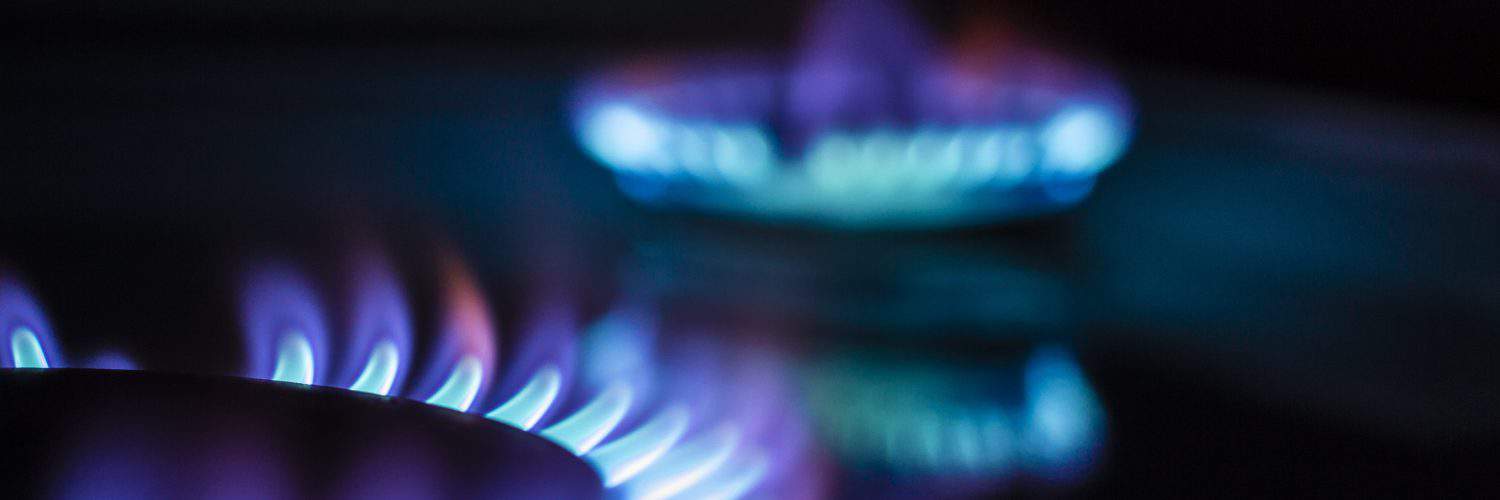2021 brought a year of volatility to natural gas markets, with prices reaching record highs not seen since 2008 earlier this fall. Higher liquefied natural gas (LNG) demand and lower-than-average storage positions, combined with a hot summer, pipeline disruptions, and surging overseas global prices (from low inventory levels), have driven up demand for North American natural gas. Despite strong US LNG exports and soaring European and Asian prices, a warmer start to the winter heating season has put downward pressure on North American prices over the past month, with US natural gas futures prices for January trading at US$3.80/MMBtu as of 12:20pm EDT Thursday afternoon. Even though the outlook for 2022 has improved, with forecasted record US production by December next year, the risk of volatility for the winter remains, as cooler temperatures can quickly drive prices higher. The EIA estimated working gas storage was 3,362 Bcf for the week ended December 17th, following an overall withdrawal of 55 Bcf. The withdrawal was in line with market expectations ranging from 53-56 Bcf, and significantly less than the withdrawal of 147 Bcf a year earlier, pushing storage levels above the five-year average. Storage levels are now 6.5% below year-ago levels and 1% above the five-year average.
In Canada, the December month-to-date AECO 5a spot rate is C$3.72/GJ, while the month-to-date Dawn Next Day weighted average index rate is currently C$4.62/GJ. December spot prices have increased 52% at AECO and 58% at Dawn compared to last December. Prompt-month futures for AECO are trading at C$4.57/GJ, while Dawn is trading at C$5.12/GJ. Prices continue to trend upward, with week-over-week increases of $0.48/GJ and $0.49/GJ at AECO and Dawn, respectively. Point Logic reports Canadian natural gas storage for the week ended December 17th was sitting at 621 Bcf, after a withdrawal of 13 Bcf. This withdrawal decreases storage inventories to 4.2% below the 5-year average and 13.8% below storage levels last year at this time. Canadian storage is 71% full, with Eastern storage levels now at 89% of capacity and Western storage 64% full. A withdrawal of 21 Bcf is expected for the week ending tomorrow.
– Karyn Morrison, Energy Advisor








Add comment